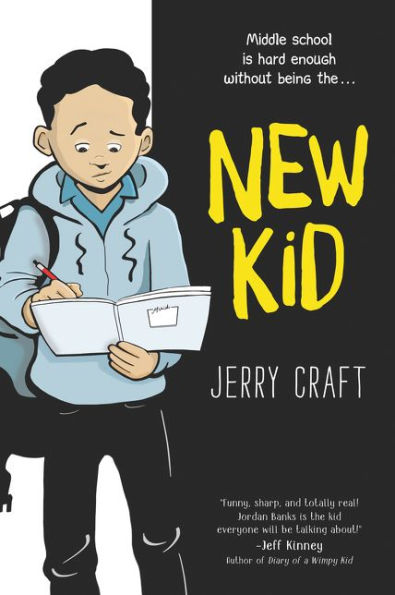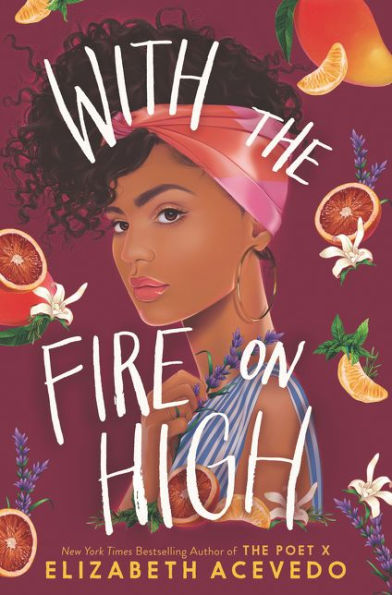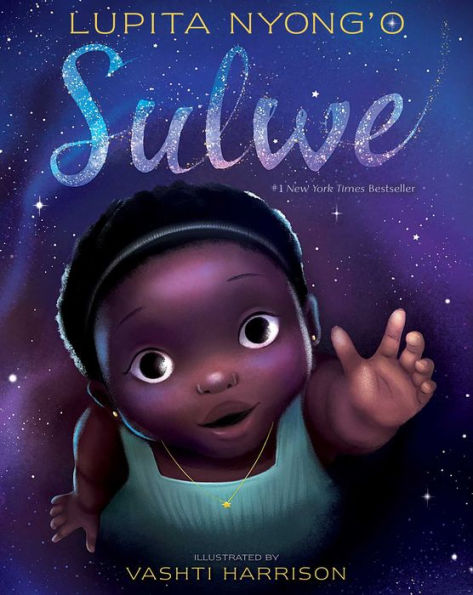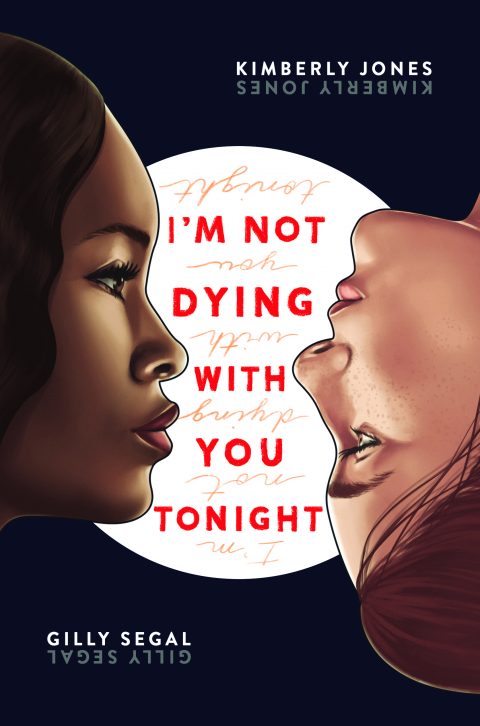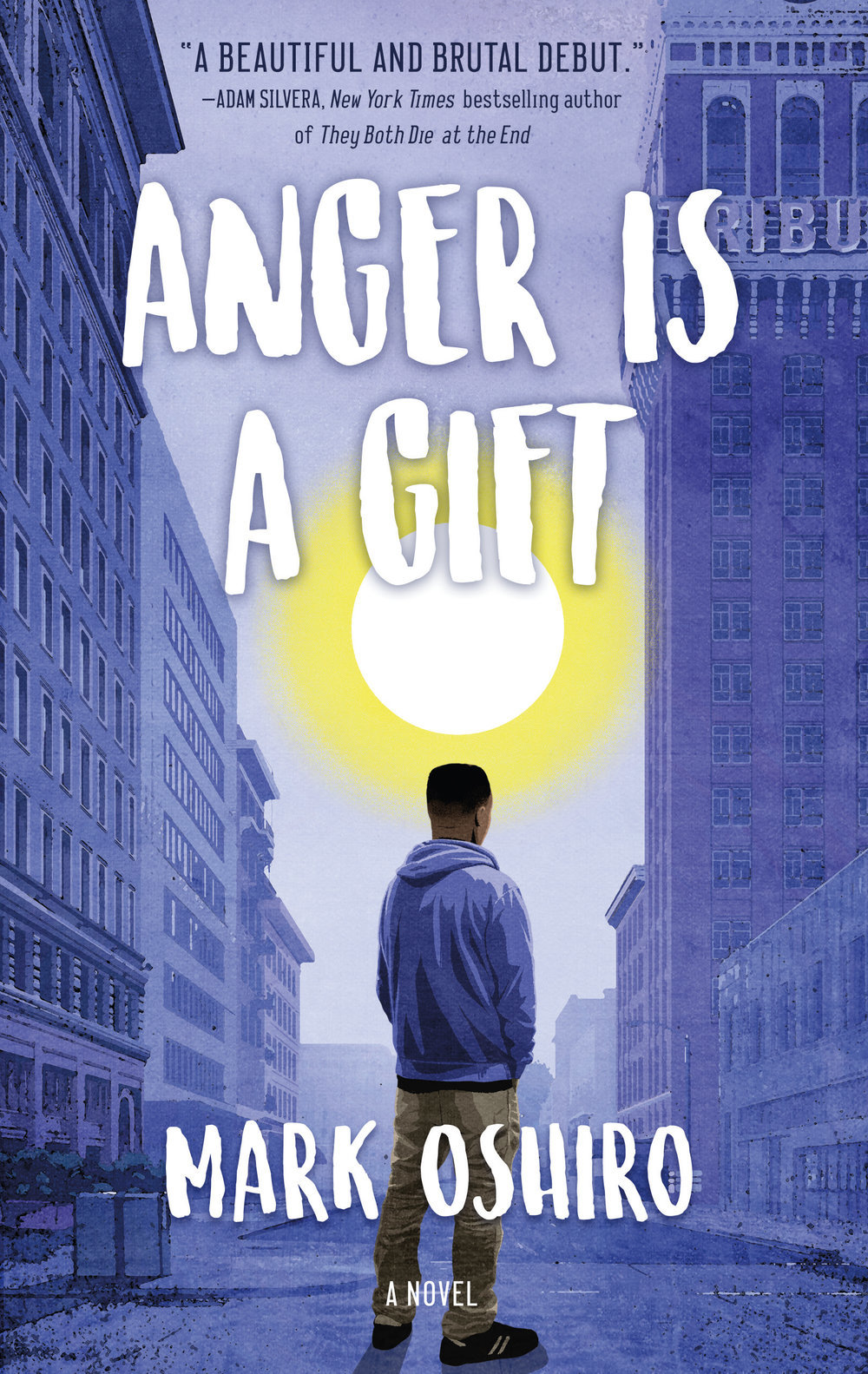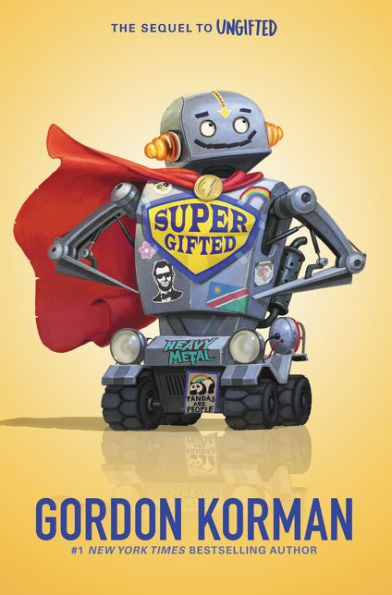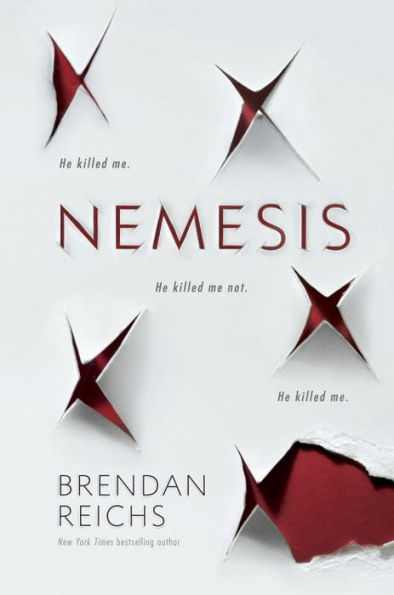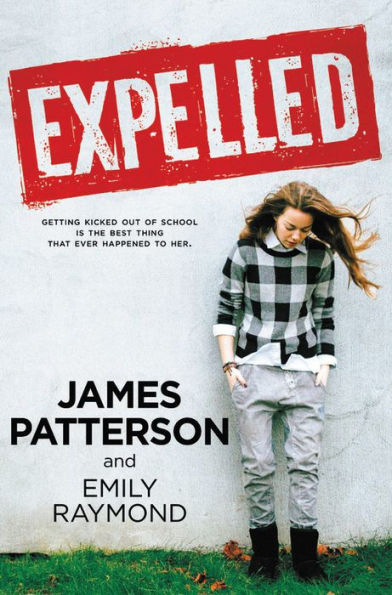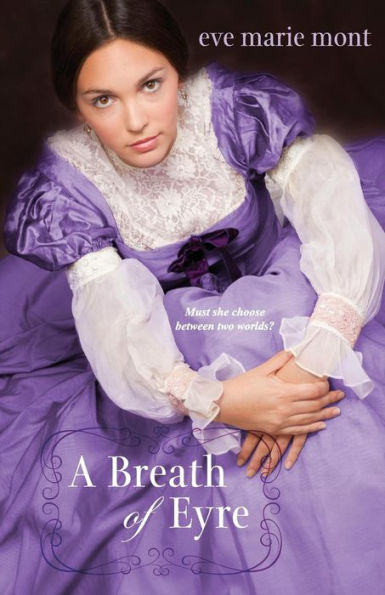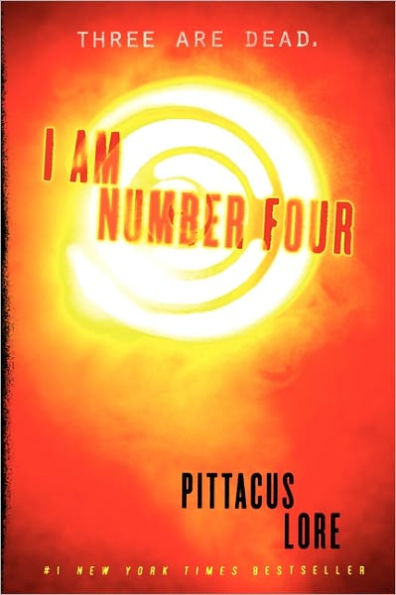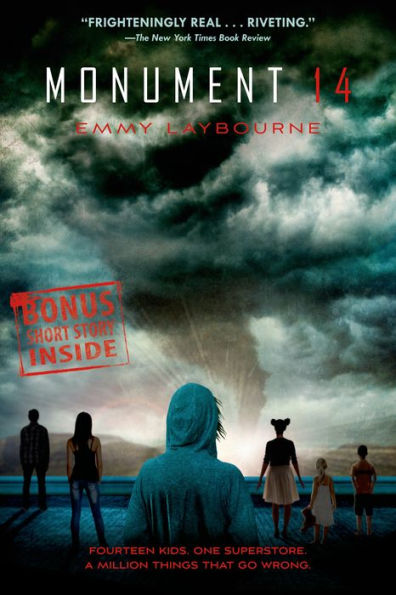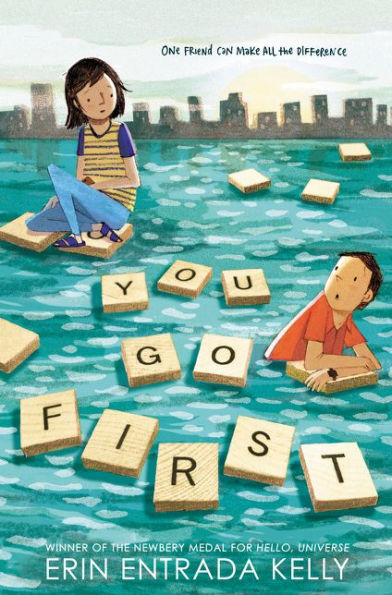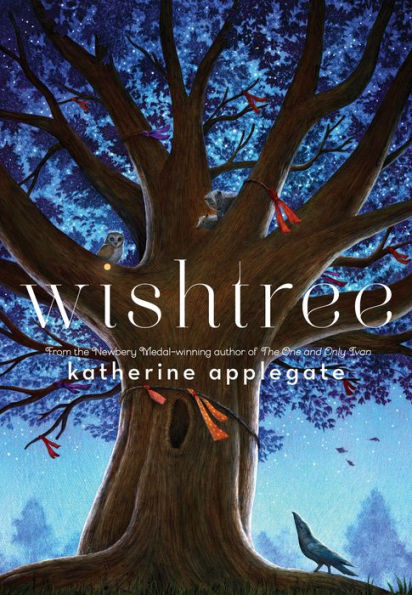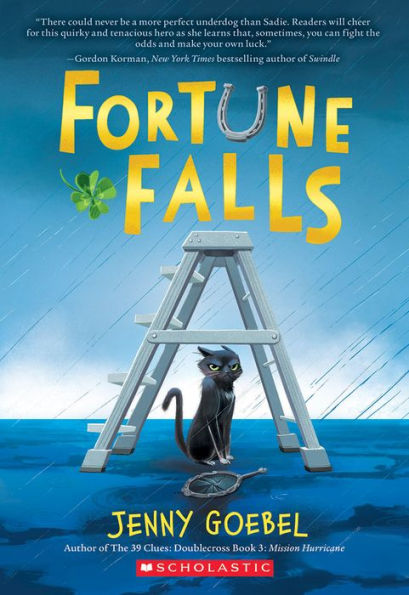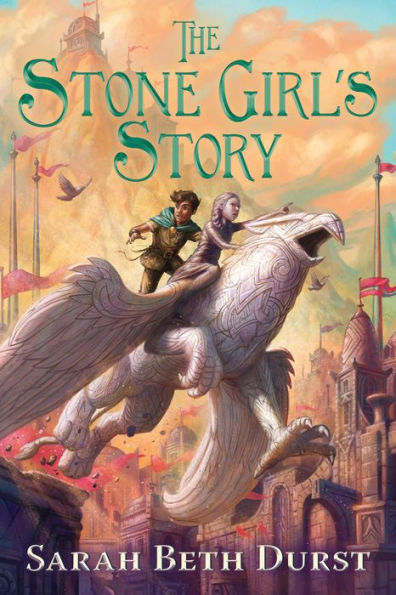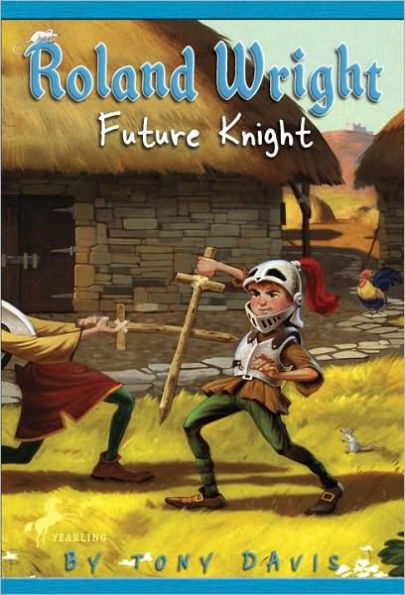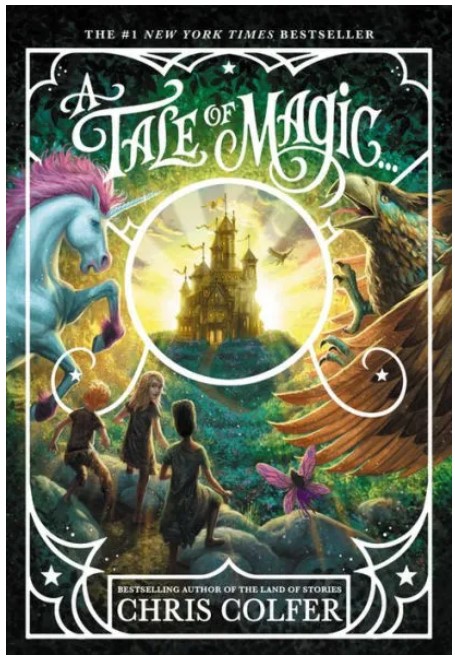Moss Jeffries is anything but an average teenager. Ever since his father was shot by the Oakland police outside their home, Moss has dealt with intense anger issues and constant panic attacks. In addition, Moss has a difficult time going outside because of the kinks of the homosexual community, his popularity amongst protesting groups, and his constant fear of the local police. After meeting Javier on a metro train and falling in love, it seems everything is finally coming together for Moss. He is happy; his friend Esperanza is going to a great school; his mother just received a promotion–life is good.
However, when school starts things begin to change. Due to a lack of school funds and the influence of the local police, Moss and his friends encounter more troubles as they are harassed and berated by the school’s administration. However, after a school cop brutalizes one of Moss’s friends, police-patrolled metal detectors cripple another, and his organized school-wide walkout turns chaotic and deadly, Moss personally takes the fight to the police, gathering a city-wide protest that will change the city, and leave readers with a new sense of community and self-determination.
With its diverse characters, Mark Oshiro paints a brutal yet beautiful picture of problems today’s teens face. The well-developed characters each have their own individual type of problems. Esperanza is adopted and struggles to keep in tune with her own culture. Reg was crippled by a car accident when he was younger. Moss struggles with his anxiety. But Oshiro makes them appear to be real people with their own type of language, jokes, and emotions. Readers will fall in love with these realistic characters and root for them.
Moss has a huge group of friends, and the large cast of supporting characters may confuse some readers. The diverse group of characters gives a wide range of people a voice—the story focuses on minorities and also includes the following: gay characters, non-binary characters, bisexual characters, asexual characters, Muslim characters, undocumented characters, and disabled characters. The one thing that brings these groups together is the social injustice they face.
Anger is a Gift has a rapid and suspenseful plot with a perfect mix of teen society and real-world problems. However, Oshiro pushes the extremes of some of the moral problems today’s young adults face. Told from Moss’s point of view, it allows the reader to get a glimpse of what a person feels when they are faced with PTSD and panic attacks. Moss’s descriptions of his grief and anger, in addition to the brutal descriptions of the senseless acts of violence, can, at times, be hard to read.
Besides detailing the oppression minorities face, Anger is a Gift has a hint of romance. Issues of sexuality, race, ethnicity and class affect each of the characters, while senseless anger and violence threaten them all, killing some and injuring others. This book is not for the faint of heart and is intended for older readers. Nonetheless, Anger is a Gift is a book for those wishing for a new perspective on how police brutality, oppression, and racism affects poor people of color from the author’s perspective. The character development mixed with the book’s brutal, bloody action scenes will leave readers with a different perspective of racism in America.
Sexual Content
- Ever since they started to date, Javier and Moss make a game out of kissing each other when they see each other. When they see each other, they will peck each other on the cheek. For instance, “Moss kissed him back for just a little bit longer, pushing back against the awkwardness that tried to conquer him. He had never kissed anyone in front of his friends, but he focused on how it made him feel. Warm. Secure. Admired.”
- Before Moss’s first date with Javier, his mom asks, “You have any condoms?”
- On their first date at Javier’s apartment, Moss and Javier get intimate. “But Javier pulled Moss to him again, only this time they faced each other, and Javier brought them back down on the couch. He wrapped his leg around Moss’s and squeezed his hand. Moss felt moisture and thought his palms had started sweating again, but it was Javier’s sweat this time. Moss went still, and he could feel Javier’s heart beating against his chest. It was racing even faster than Moss’s was. The two enjoyed the warmth of each other’s bodies. . .” They do not have intercourse.
- On a brunch date, Moss asks Javier, “Maybe you just wanted me for sex. We’re gay men. That’s not exactly an unbelievable suggestion.”
- While escaping the chaos after the school walkout, Moss suggests that they escape out the back of the school through the hallway down by the science labs “where the football players always take their girlfriends to make out.”
- After Javier’s death, Moss remembers him, thinking about how much he loved Javier, “The way you kissed my jaw. The way sweat ran down your chest. The feel of the muscles in your arm, the scent of your breath, the blackness of your hair, the curled smile.”
Violence
- Wanda tells Moss that she stopped protesting after she saw a cop that had previously threatened her “standing over your father’s body.”
- After finding drugs in Shawna’s locker, “Hull’s arm shot out, hard, and his forearm hit the spot just below Shawna’s throat, and the man pinned Shawna against a locker, her back hitting the metal so hard that it buckled. Moss dropped his lock on the ground, heard it clatter against the tile, and Shawna tried to yelp.” Shawna is epileptic and falls to the ground, shaking, as students gather around them. This scene takes place over four pages.
- After the metal detectors are installed in the school, Reg refuses to go through due to the six metallic pins in his knee. One of the officers shoves him through, and “Reg didn’t make it through. His right knee jerked to the side and the metal detector seemed to respond to Reg. Thrum! His body hit the frame hard, hard enough that it made a hollow ringing like a steel drum, and Moss saw that Reg’s breath had been knocked out of him. As his hands went to his chest, Njemile and Kaisha shouted, scrambling to reach their friend as he doubled over, his arms shooting out to the ground to catch himself.” Reg goes to the hospital and has to go through surgery and physical therapy. This scene takes place over eight pages.
- After their school-wide student walk-out turns chaotic, Moss and his friends seek shelter in a nearby room to plan their escape. A cop finds them and uses the infamous Mosquito weapon – a weaponized sonic sound used to disperse crowds of teenagers. After being blasted by the sound, “Chandra threw up. It was violent, loud, and her wrenching caused Sam to do the same, and it was in their hair, all over the floor.” Moss and some of his friends remain uninjured while Chandra and Sam go unconscious. This scene lasts over two pages.
- During the same walkout, Javier is shot by Officer James Daley. “The beet-faced cop had a gun trained on Javier. And then he fired. it wasn’t the first time Moss had heard the pop of a gunshot. Nor was it the first time he’d heard the sickening sound of the air leaving someone’s body. The sound that meant the worst. Javier curled into himself; his brown hands jerked up to his chest, and blood squirted out between his fingers. Moss screamed, again and again, and pitched himself forward as Javier crumpled to the ground, the life too quickly draining out of him.” Javier dies, Mr. Jacobs and Moss are beaten, and many of the students are sent to the hospital. This scene takes place over three pages.
- Moss’s city-wide protest turns chaotic after the militarized Oakland PD uses a Silent Guardian, an infamous heat ray, against the protestors. The narrator describes the Silent Guardian in action saying, “The antenna on the top of the box would move sluggishly, and as soon as it seemed to be pointing at someone, that person would drop to the ground. Hands scraped at skin. People clawed at their faces, into the side of a car, trying to escape the sensation that Martin had described to him, and she lay still on the ground.” Many protestors are sent to the hospital, Haley dies, and Moss’s mother almost dies. Moss and his friends’ wounds are described later. “He watched Kaisha and Reg sit as still as they could, saw the sweat on Reg’s bloody face, felt his own pulse pounding in his head.” This scene takes place over fourteen pages.
Drugs and Alcohol
- During Shawna’s locker check, Officer Hull finds drugs in her locker. Moss describes the encounter saying, “Hull held a Ziplock bag up in the air, and Moss’s heart dropped. White pills. Lots of them.” They are Shawna’s epilepsy medication.
Language
- Typically, characters use profanity in the heat of the moment. Profanity is used infrequently but includes phrases like “dickwad,” “piss,” “jerk,” “ass,” every variation of “shit,” derogatory terms, and “assholes.”
- When Reg is trying to go through the metal detectors for the first time, someone shouts “Hurry up, dickwad!”
- Before shooting Javier, James Daley snarls, “You little shits never learn.”
- After Javier’s death, Moss gets angry and yells at Esperanza, “I hate your mother, and if her nosy, white savior ass hadn’t called Mr. Elliot, Javier might be alive today.”
- During the Oakland Police Department’s press conference at the end, somewhere near the back of the crowd, someone yells out “Bullshit!”
- Afnan describes Mr. Jacobs when he says, “That man was a smug asshole…I bet no one has ever told him otherwise”.
- During Moss’s protest, Martin hands him an empty bottle and says, “You’re gonna have to take a mean piss eventually.”
- After slipping on a canister, James Daley falls and Reg shouts out, “Did you see that jerk hit the ground?”
- During the discussion amongst friends after Javier’s death, Kaisha suggests, “Do you think the cops aren’t capable of just making shit up?”
- Moss reflects on his father’s death when he says, “Months of those Piedmont assholes teasing me at school, telling me he deserved it because he was a thug and the streets were cleaner without him.”
- Racist terms are used throughout the book, and the characters’ skin colors come up a lot. One time during a discussion about what to do about the metal detectors, a man in the audience steps up and says, “You call a spade a spade.” Another time, when thinking about Javier, Moss thought to himself, “Oh god, he thought, that makes me sound so white.”
- “Oh my god” and “Oh god” are used as exclamations.
Supernatural
Spiritual Content
by Matthew Perkey
